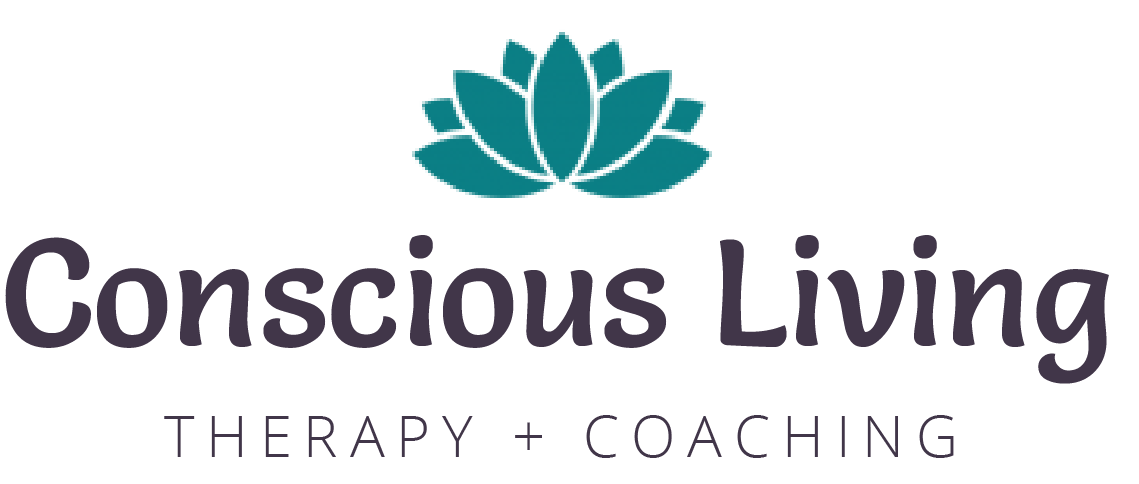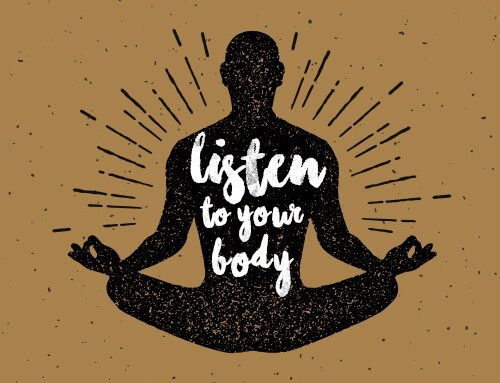Exploring your emotional needs through the mind-body connection
“The mind and body are partners on this journey called life. Treat them as allies.”
– Tom Rath –
Neediness is part of being human. We are born into this world desperately needy, and while we may become more independent as we age, we never outgrow our fundamental needs – physical and emotional. Throughout the course of our human experience, our mind is constantly sending us information about these needs, alerting us through physical cues. Our bodies deliver the signals, notifying us when we need food, water, a friend to laugh with, someone to hug, or even somewhere safe to run away.
What are we doing with these cues?
When we are hungry, we respond to the physical signals and seek food, but we often ignore or suppress signals of emotional need. Why? Why is it easy to stretch our tired muscles after a long day or drink some water when we’re thirsty but harder to meaningfully connect with others when we’re feeling lonely or vulnerable?
Emotional needs may be more complex than physical needs, but emotional needs are just as important and valid. Our emotional needs deserve our attention, so… let’s give it! Let’s explore how to understand and nurture our emotional needs through the mind-body connection.
How the mind-body connection works
Your mind and body are not separate entities. They are an interconnected system – two sides of the same coin. Because your mind and body function as a single, unified system, whatever happens to one area impacts the other.
From the food we eat to the thoughts we think, everything we experience in the mind impacts our physical bodies and vice versa. Physical actions such as eating, running, sweating, laughing with friends, and crying alone influence chemical and hormonal reactions in the brain, and through the neural pathways that connect our brain to our bodies, we experience physical responses to the mind’s thoughts and emotions.
Examples of the mind body connection:
If you are feeling stressed, you may feel pain in your neck, jaw, or stomach.
Sadness might manifest as a headache or tension in the throat.
Joy causes a rush of endorphins that can literally relieve pain and make you feel ‘light’ as a feather.
Anxiety can trigger physical responses such as sweating, increased heart rate, or stomach pain.
Mental health conditions such as depression and PTSD often cause muscle tension, digestive issues, poor quality sleep, and a compromised immune system.
Feelings of connectedness, belonging, and joy can cause your muscles to relax, your heart rate to steady, and even boost your immune response.
Learning to listen to emotional cues
The Child Chair is where our core needs and emotions live.
Babies are the most intuitive humans. As infants, we knew exactly what we needed. We took a bottle when we were hungry, spat it out when we were full, and cried when we wanted to be held. We learned early on how to tell when we needed to go potty, take a nap, or have a snack.
But as we grow up and step into the Adolescent Chair, things can get messy. The need to ‘fit the mold’ of those around us can cause us to disconnect from our inner intuition. We may disregard our emotional needs for the sake of people-pleasing or out of desperation for relational acceptance.
By the time we are adults, many of us have lost touch with who we really are, what we really need, and what it really feels like to pursue what we need. Rest assured, the cues are all still there. Our bodies are constantly talking to us, and all we need to do is learn to listen.
Learn more:
3 Ways to heal the disconnect between your mind and your body.
1.) Accept the existence and importance of your emotional needs.
The first step to honoring your emotional needs is to accept that you have them. Being emotionally needy is not a sign of weakness. It’s proof that you are human. While everyone’s individual emotional needs may vary, there are five core emotional needs we all share.
Secure attachments – Reliable relationships with others
Autonomy – A sense of confidence and competence
Positive self-esteem – A strong sense of self or deep connection to a higher purpose
Freedom – A safe environment to express our needs, emotions, and individuality
Belonging – Connecting meaningfully with others in a community where we are fully accepted
If our core emotional needs are not being met, our sense of well-being wilts. Our ability to thrive and navigate life’s challenges effectively become compromised. Eventually, neglecting emotional needs can take a serious tole on your physical health and wellbeing.
2.) Tune into your body’s physical sensations
Your body is full of wisdom, and there is so much it wants to tell you. My advice is don’t hold back. Give your body your undivided attention, and please be patient with yourself as you regain awareness of all your body is trying to communicate.
You may need to go somewhere quiet where you can hear and feel what your body is trying to say. Eliminate distraction, close your eyes if you need to, and turn inward. Sometimes, all you need to do is patiently listen and observe, but other times, it can be helpful to invite your body into the conversation.
Where does it hurt?
Where do you feel tension or lightness?
Why are you holding on to that pain?
How can I help?
What do you need to feel safe and supported?
Listening to your inner voice is like coming home to yourself. When you first arrive, you may be greeted by former versions of you. Remember that every part of who you are lives within your mind and body, so be open and curious to the parts of you that may show up. Encourage your inner child to participate and invite your inner adolescent into the conversation. Ask them… What do you need right now? Then listen for their answers within the body, not within the mind.
3.) Honor your body as the vessel for your soul
Your body is like your friend. If you’ve been absent or detached from yourself for a while, it may take some time to rebuild trust. Emotional tools such as meditation, breathwork, and somatic practices like movement therapy and muscle relaxation can help open the channels of communication between the mind and the body. Alternatively, physical tools such as nutritious foods, good sleep, and exercise can also help you come home to your body.
The point is to befriend your body instead of waging war with it. Our bodies truly have a mind of their own, and they don’t always fit the mold of whatever the ego or society thinks is appropriate. That’s ok. Hold space for your body’s experiences anyway, because belonging always begins on the inside.
“The body is a sacred garment. It’s your first and last garment; it is what you enter life in and what you depart life with, and it should be treated with honor.”
- Martha Graham -
Summary – Reconnecting with your emotional needs
If you’re feeling disconnected from yourself, you’re not alone. Many of us have been conditioned to ignore our body and suppress our emotional needs in pursuit of whatever the current social standard of ‘acceptable’ is. Social expectations and perfectionism can back us into a corner of people-pleasing. When you are scared to be a burden, it can be very hard to know what you need and even harder to know how to get those needs met in a healthy way.
But healing the disconnect is possible. Communication between your mind and your body can be re-established.
I know all too well how life experiences, past traumas, and even daily stressors can cause a mind-body disconnect. Therapeutic interventions such as somatic and polyvagal therapy can help heal your nervous system and reconnect your mind with your body. If you are interested in learning more about my somatic therapy and parts-work coaching services, please contact me. I’d be happy to schedule a complimentary discovery call and explore how I can help you heal your mind-body connection.
Let’s Connect
Hi there! I’m Jenny, a licensed Holistic Therapist (LISW-CP) and Certified Adult Chair® Master Coach.
I combine both therapy and coaching methodologies to provide my clients with a holistic perspective and the techniques they need to flourish. Rediscovering who you were always meant to be is an act of courage, and radical self-love can turn unconscious paralysis into conscious, authentic growth. Learn more about me here.





